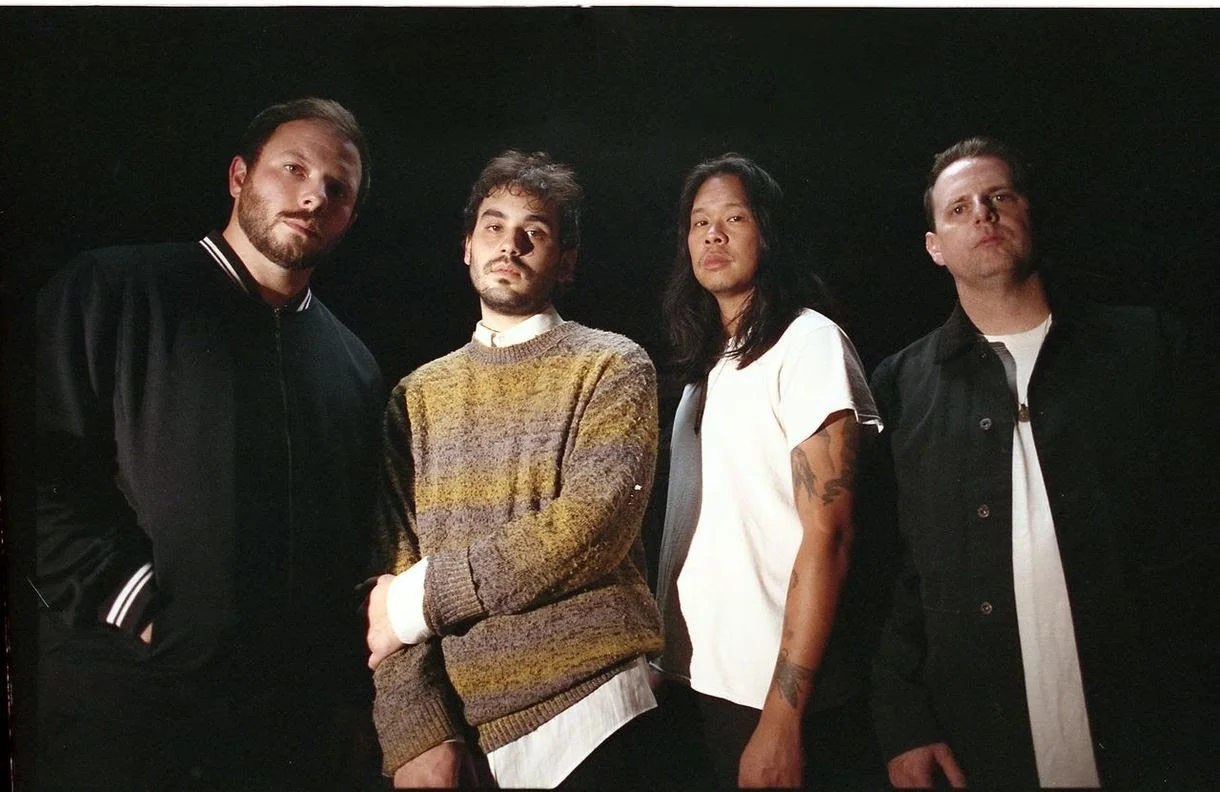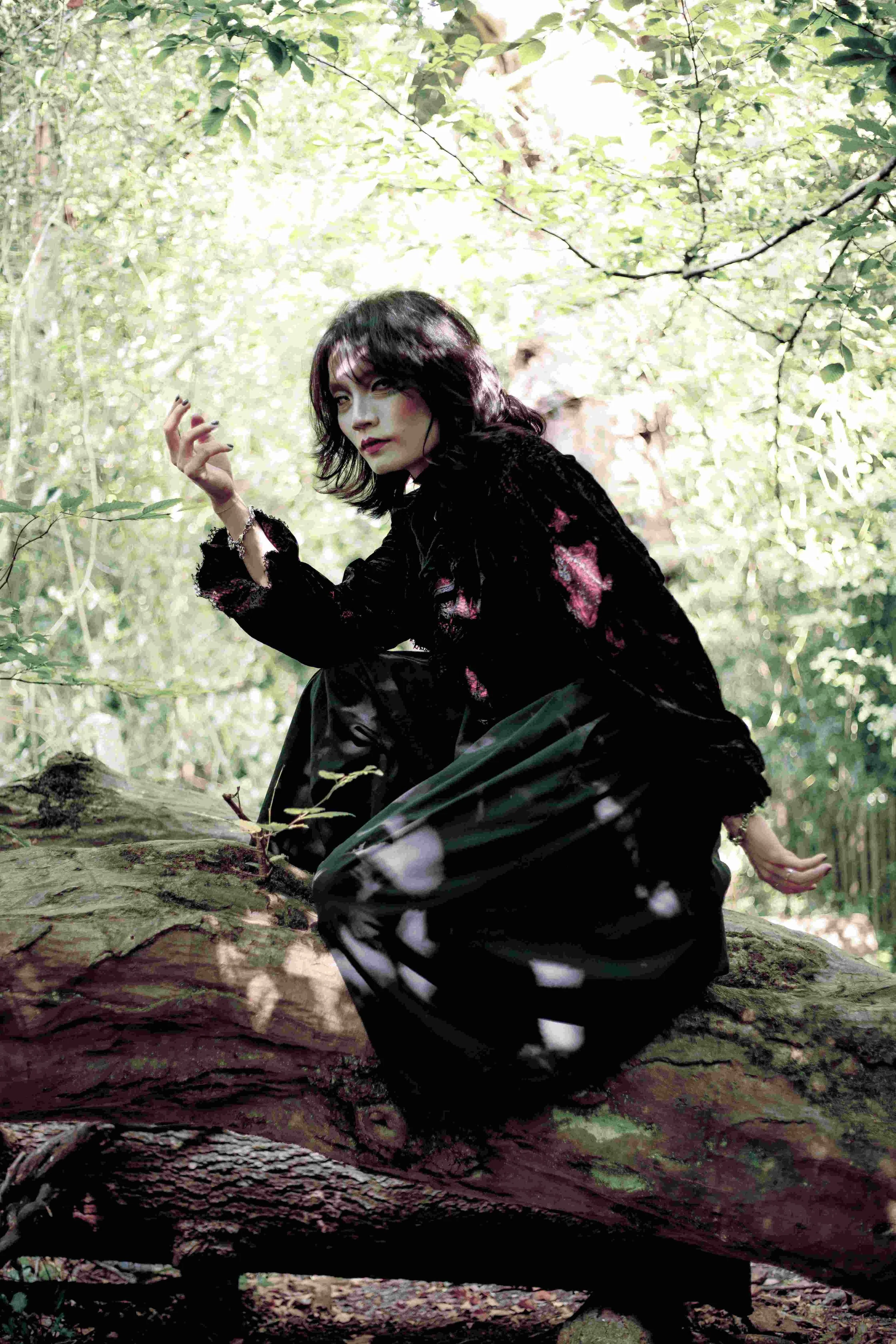Bath's iconic Moles venue closes after 45 years
After four and a half decades of nurturing musical talent and fostering a vibrant community spirit, Bath's legendary venue, Moles, has announced its closure. This heart-wrenching decision marks another significant loss for the UK's grassroots music scene.
Moles' storied history is intertwined with the rise of countless acclaimed artists, including Radiohead, Los Campesinos!, The Killers, Pulp, Oasis, and IDLES, who all graced its intimate stage. It served as the backdrop for the iconic photoshoot for Supergrass's debut album and is where the Manic Street Preachers secured their record deal. Beyond its role as a launchpad for emerging stars, Moles served as a beloved haven for local bands, providing them with invaluable opportunities to showcase their talent and connect with an appreciative audience.
The closure of Moles is a stark reminder of the perilous state of grassroots music venues across the UK. As documented by the Music Venue Trust, 120 grassroots venues have shut their doors this year, with an additional 84 precariously perched on the brink of closure. This alarming trend threatens to sever the vital pipeline of musical talent, depriving aspiring artists of the nurturing environment they need to hone their craft and cultivate a devoted fanbase.
As someone who grew up immersed in the South West music scene, the closure of Moles strikes a deep chord. It was always one of the first venues that gave local bands the hope that they might just “make it”. This loss will be acutely felt by rising musicians across all of the South West.
A mere two weeks ago, we visited Moles to catch Haunt The Woods, supported by local bands Zaffiros and The Dressing Room - a band only two weeks into their journey and their debut gig. Three South West acts, at varying stages of their musical journey, coming together to share art, celebrate with fans and hone their craft. I deeply empathize with these emerging local artists who are losing a crucial space.
Speaking about the closing of Moles, co-owner Tom Maddicott shared on social media:
“Making the decision to close Moles was horrendous, but the cost-of-living crisis has crippled us. Massively increased costs of stock, utilities and rent compounded by our customers also feeling the impact of the crisis has made it impossible to continue.
It’s obviously an incredibly difficult decision to have to take, for our team, the staff, the local community, and the artists that over the years have created such an incredible history of music. But the reality is that live music at grassroots level is no longer economically viable and we will not be the only Grassroots Music Venue forced to close. There needs to be a major shake-up of the live industry with the big players supporting the grassroots, where it all begins, to secure that pipeline of talent. Football gets it with the Premier League investing millions in the grassroots game each year to bring through new players. The music industry needs to do the same before the entire grassroots sector collapses.”
The music scene needs radical change
Moles' closure is another deeply unfortunate drop in the overflowing bucket of grassroots music decline. We are not only losing one of the UK's most iconic small venues, depriving emerging artists of a platform to cultivate their live following, but also the livelihoods of those who dedicated their lives to this beloved venue. And without a radical shift in our approach to the music scene, we will continue on this road and change will never happen.
I don’t know the extent of what that radical shift should look like, but I do know that there are people and organisations working to make change a reality. Organisations, like the Music Venue Trust, are preserving the vitality of grassroots music through initiative like the Pipeline Investment Fund, designed to empower small venues by providing the financial resources necessary to nurture and develop the next generation of musical talent.
The Music Venue Trust is calling upon arena venues, where established acts perform, to demonstrate their solidarity by contributing £1 per ticket sale to the fund. This collective effort would enable grassroots venues to continue playing their pivotal role in fostering the future of music.
If we envision a thriving music scene, we must nurture it from the bottom-up and lobby for change from the top-down. Support local gigs, patronise these venues, purchase merchandise from bands, donate to the Music Venue Trust. Support others who are advocating from the top. Together, we can safeguard the future of grassroots music, ensuring that the next generation of musical talent has the opportunity to flourish.
If you have the means, please join us in donating to the Music Venue Trust. If you’d like to continue this conversation about the future of the music scene and industry, please get in touch.










